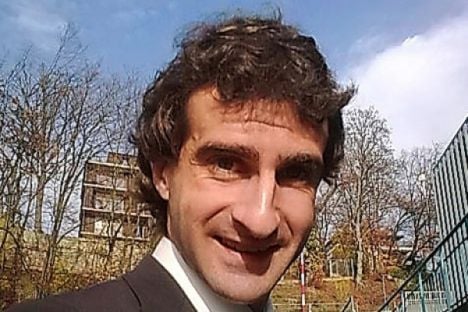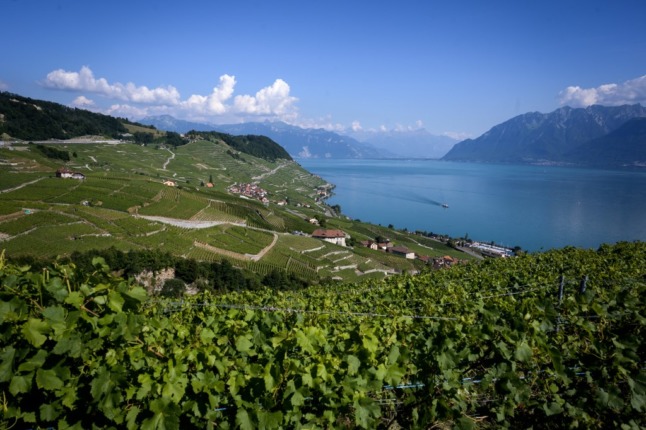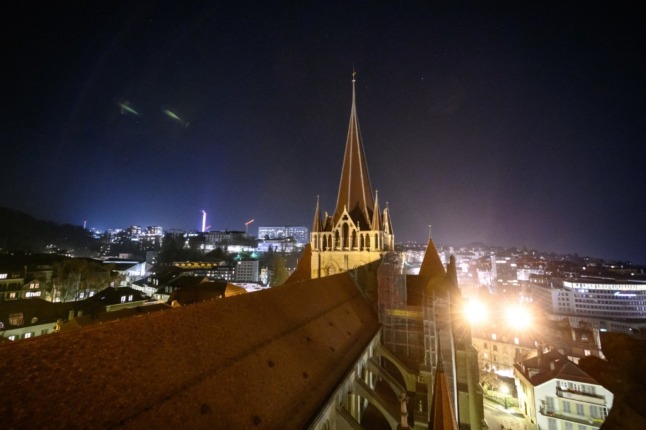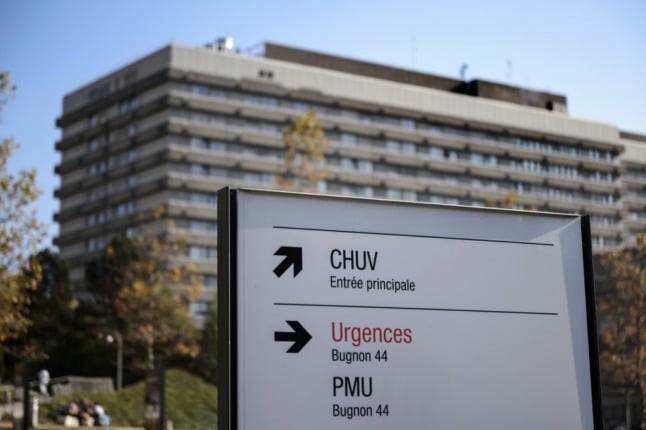Thinking the caper funny, he posted the picture on his Facebook page, newspaper Le Matin reports.
Junod was notified of the immediate termination of his employment contract just days after he and 120 other colleagues from canton Vaud participated in an education day at Auschwitz.
Vaud’s head of compulsory education, Alain Bouquet, wrote that he was fired for “breaching his professional duties.”
According to the newspaper, the picture that deliberately played on the rice type’s verbal proximity to the Nazi party was not the only off-colour joke Junod made while visiting Auschwitz.
He also took pictures in the latrines pretending he was constipated and lay down laughing on the tracks, but he did not post these on the popular social networking site.
Junod’s behaviour in Poland bookended a catalogue of excesses linked to his political involvement with the far-right party Movement of Vaud Citizens (MCVD), Le Matin said.
While running for election to the National Council, he presented Adolf Hitler’s ‘Mein Kampf’ as his favourite book and named Richard Wagner, whose work was popular with the Nazis, as his favourite composer.
Junod, whose grandmother was Jewish, said his “high jinks” at Auschwitz did not justify his dismissal. Instead, he claimed to be the victim of “a political decision.”
“They attack me because I am a media figure in my party,” he told Le Matin.
Junod has now vowed to sue canton Vaud’s department of education for what he believes was a gross overreaction to “a good gag”.






 Please whitelist us to continue reading.
Please whitelist us to continue reading.
Member comments